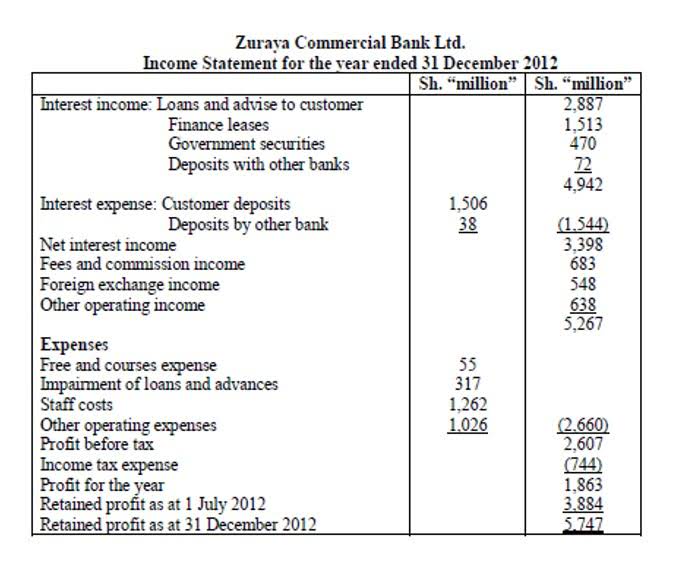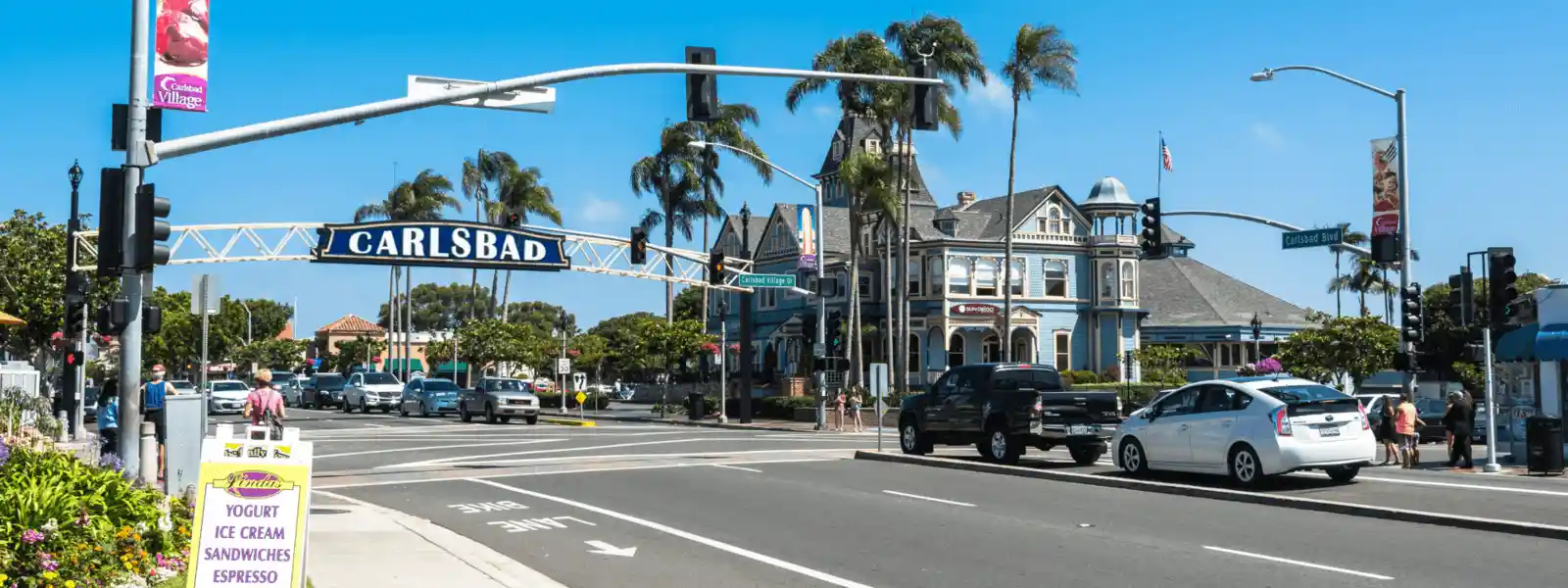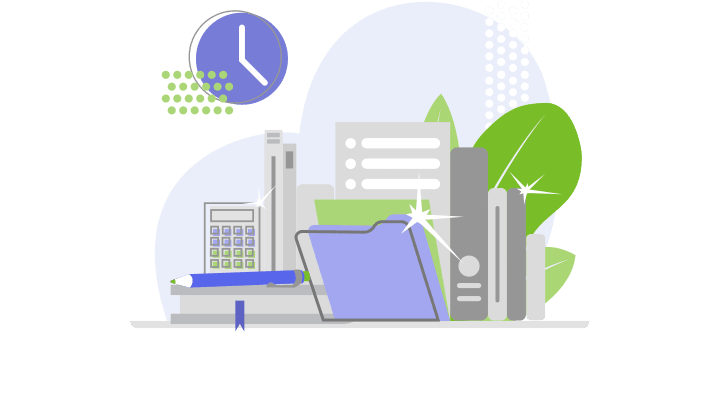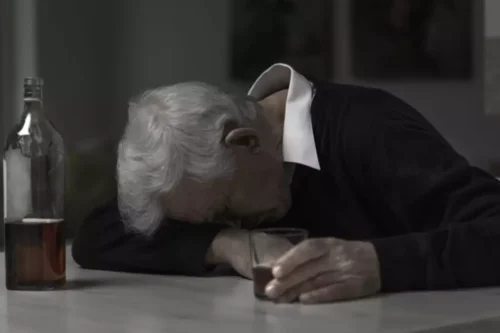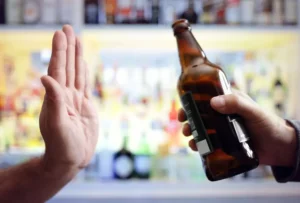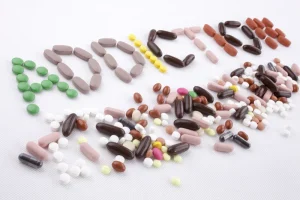
His extensive knowledge in the field of anger management may enable you to use his tested methods to deal with your anger issues. This blog was designed to help you understand the relationship between anger and alcohol and how they can amplify each other’s impact. Family therapy addresses familial dynamics and relationships, fostering support networks and promoting open communication. Psychodynamic approaches delve into underlying emotional conflicts and unresolved traumas, offering insight and resolution. Cognitive Behavioral Therapy (CBT) interventions are widely recognized as practical approaches for both alcohol recovery and anger management.

Social factors of alcohol and rage
- Aggressive men recorded higher activation of the left amygdala than aggressive women and a positive correlation with orbitofrontal cortex (OFC), rectal gyrus, and ACC activity, which was negatively correlated in women.
- Becoming angry or irritable when you drink is a relatively common experience — an often-cited body of research by the World Health Organization notes that aggression has a closer link to alcohol than any other kind of psychoactive drug.
- It makes people — even their closest friends — less willing to spend time with them.
- While psychotherapy is the primary approach for co-treatment of alcohol use and anger management, medications like mood stabilizers and those used to treat substance withdrawal may also be part of your treatment plan.
The treatment should target both the person’s mental health and substance use disorder as two parts of a whole. The inability to control or suppress your emotions can lead to inappropriate or dangerous situations. While psychotherapy is the primary approach for co-treatment of alcohol use and anger management, medications like mood stabilizers and those used to treat substance withdrawal may also be part of your treatment plan. Anger expression may also be confused with aggression or hostility, two consequences of drinking commonly cited in research. The link between alcohol and aggression has been established since the 1990s, and a World Health Organization (WHO) committee in the 2000s noted aggression is more closely linked to alcohol use than any other psychoactive substance.

Aggression?
The most effective way to cope with alcohol-induced anger is to avoid consuming too much alcohol. In others, anger is present before drinking and drinking brings out that anger. Because of the established link between aggression and alcohol, co-treatments have been developed that can also address anger while drinking. If you find yourself in a situation with someone who is angry while intoxicated, the first step is to assess your level of risk. There’s a difference in safety between someone who is expressing anger verbally and one who has become physically aggressive. As a positive, unalarming emotion and one that others are used to seeing, however, happiness isn’t on the radar as much as anger.
Less Cognitive Function
- This point is easier said than done, but you can achieve it with help from a treatment program.
- It is important for people undergoing treatment to have a stable and supportive home environment without access to drugs and alcohol.
- The goal of outpatient treatment is to provide therapy, education, and support in a flexible environment.
When you drink alcohol, you behave impulsively, which can affect your decision-making abilities. When you are drunk, most things will cloud you, and you will not be able alcoholism and anger to perceive situations correctly. Dr. Carlos Todd PhD LCMHC specializes in anger management, family conflict resolution, marital and premarital conflict resolution.

Alcohol facilitates conflicts with others and increases the potential for violent behavior among the drinkers and others (Wieczorek et al., 1990; Mann et al., 2006; Wahlsten et al., 2007). Expressive murders are most often preceded by arguments and altercations and the level of intoxication increases the viciousness of the attack (Karlsson, 1998). Block and Block (1992) defined expressive murders as a result of the expression, emotions, and psychological states. Emotional states such as anger, frustration, and hostility are said to lead an individual to perform expressive murders. In this context, alcohol is said to be the credible factor leading to emotional loss and instability and eventually leading to expressive-based murders.

Guiding the person to a quiet environment
Understanding these effects highlight the mechanisms through which alcohol can fuel anger and aggression, helping you the importance of mindful consumption and proactive strategies for managing emotions in alcohol-related contexts. Alcohol has been shown to intensify feelings of anger and aggression in many individuals. This link is miscellaneous, involving both physiological and psychological factors. Beyond its physiological effects, the association between https://ecosoberhouse.com/ can affect the mental health of an individual. As a depressant, alcohol slows central nervous system activity, limiting inhibitions and promoting impulsive behaviors – including anger issues.
The relationship of state/trait anger with treatment outcome among alcohol users was assessed through percentage score, mean and standard deviation. But in Glazer’s experience, it tends to be our life experiences that dictate how quickly we get mad. If you had poor role models for emotional regulation growing up, that can have a lasting impact.
Increased likelihood of expressing anger while intoxicated
It has implication for anger management intervention/matching of treatment with users attributes and helping the users to develop the behavioral repertoires to manage anger. In one Korean study, those who reported regular physical activity demonstrated improved anger control. Anyone who’s lived with an alcoholic parent, partner or other close family member understands all too well what happens when their loved one’s personality changes suddenly as soon as they have a drink or two. Suddenly, the person they know and care for is a much different, angrier person — short-tempered, abusive and often violent.
Getting Help for Co-Occurring Disorders
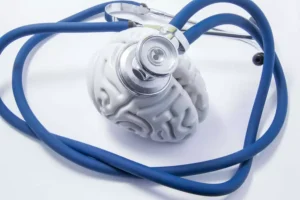
If you’re looking for help getting started, it’s wise to speak with your physician first. If you feel like you have a pattern of being aggressive when drinking alcohol, you should understand how your behavior can impact yourself and others. Some of the biological factors that contribute to alcoholism may also play a role in increasing the risk of intimate partner violence. Such factors including head injury, neurochemistry, physiological reactivity, metabolism, and genetics. Alcohol impairs cognitive function, which means it is more difficult to problem-solve, control anger, and make good decisions when drinking.


